Pokémon Go continues to be a commercial success for Niantic and The Pokémon Company, recently surpassing $6 billion in global lifetime player spending despite the game’s community growing more discontent with every new update.
Since its launch in July 2016, Pokémon Go has remained one of the top-grossing mobile games across the Apple App Store and Google Play Store. In just under six years on the market, the game has been downloaded more than 678 million times worldwide, according to Sensor Tower.
Pokémon Go was the seventh most lucrative mobile game of 2021, generating $1.3 billion in player spending revenue. The game has gotten off to a strong start in 2022 as well, pulling in $198.2 million in player spending through Q1 2022, though it is unlikely to match up with the record-setting first half of 2021, where it hit $641.6 million in revenue through the end of June.
In fact, player spending for Q1 2022 in Pokémon Go was down close to 45 percent year-over-year. And, while Sensor Tower notes this downturn is something that is impacting the entire mobile industry, with wider market revenue down by six percent overall, Pokémon Go saw one of the biggest changes in spending.
And, even though the game is still turning a massive profit, this drop-in could be seen as a response from players who have openly criticized Niantic for changes made to the game over the last year by quitting or ceasing to pay for content. This includes reverting quality of life updates that were implemented during the pandemic, slow drip-feeding of new Pokémon and content, and a continued feeling that the game is pushing microtransactions more heavily.
Related: Pokémon Go players call for Niantic to revert Community Day
Just this last weekend, Pokémon Go Fest 2022 ran as a global event, with millions of players coming together online or in person to catch Pokémon and complete challenges. However, most of the event’s content was locked behind a $14.99 ticket, and gameplay over the weekend was marred by visual bugs and other issues that had players quitting the event early and demanding refunds.
Niantic has openly reported several of these issues were in fact global occurrences, but no official response about the massive amounts of community backlash has been released yet.
Back on the game data, the largest single contributor to the app’s success has been players in the U.S. which ranks at the top of Pokémon Go’s revenue list accounting for $2.2 billion, or 36.6 percent, of the game’s overall total. Japan is the only other country in the double digits at 32.6 percent, with Germany (5.2) in a distant third place.
The U.S. also ranks number one in the world in terms of downloads for the game at 123.2 million, 18.2 percent of the 678 million total, followed by Brazil and India.
Likewise, the Google Play Store is by far the platform where Pokémon Go is played the most, representing 517.2 million downloads for a 76.3 percent market share. It also accounts for the majority of spending over the last six years, making up $3.1 billion, or 52.3 percent, while the App Store represents $2.8 billion or 47.7 percent.





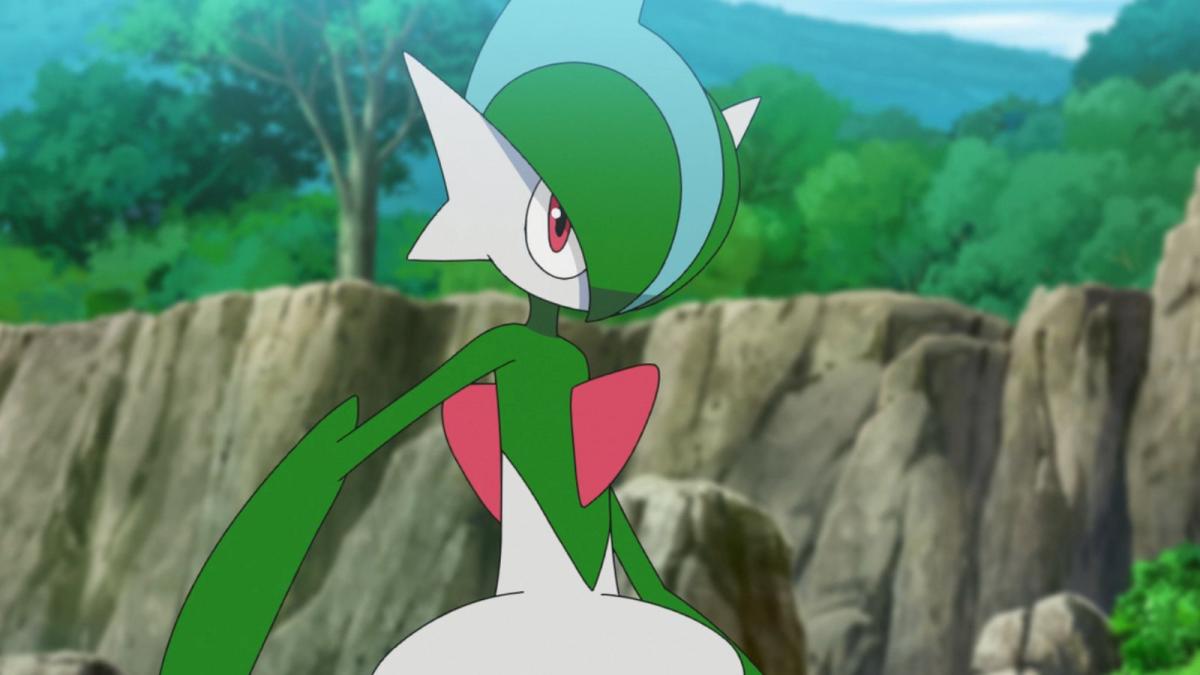

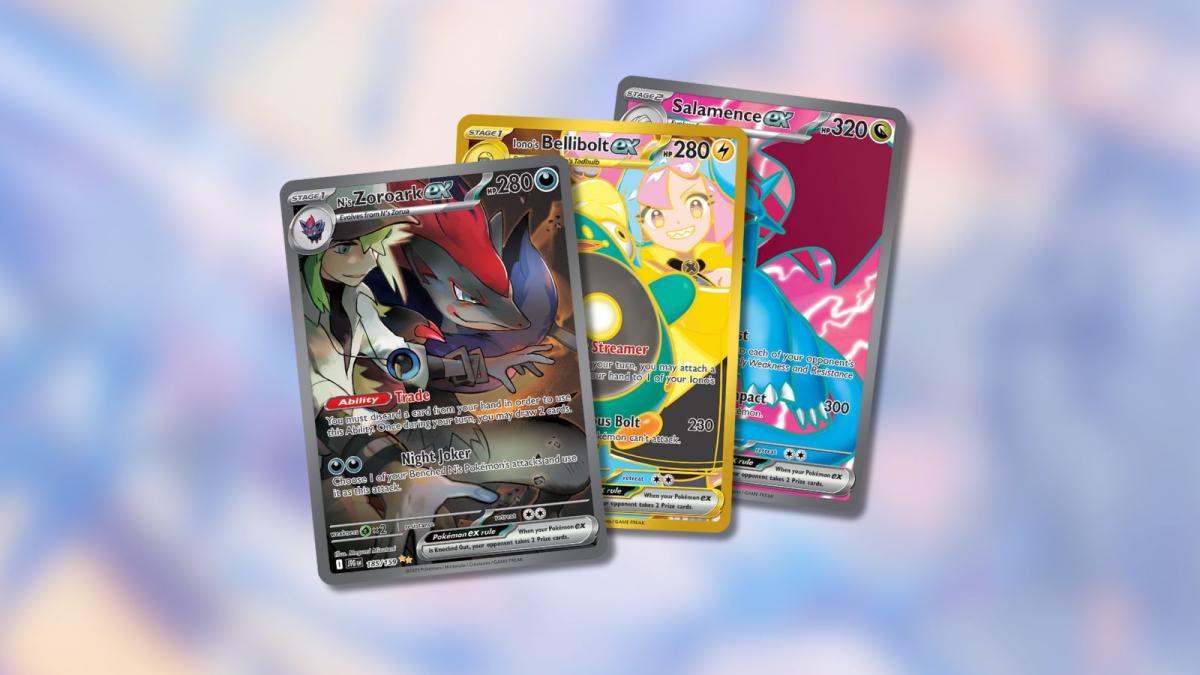
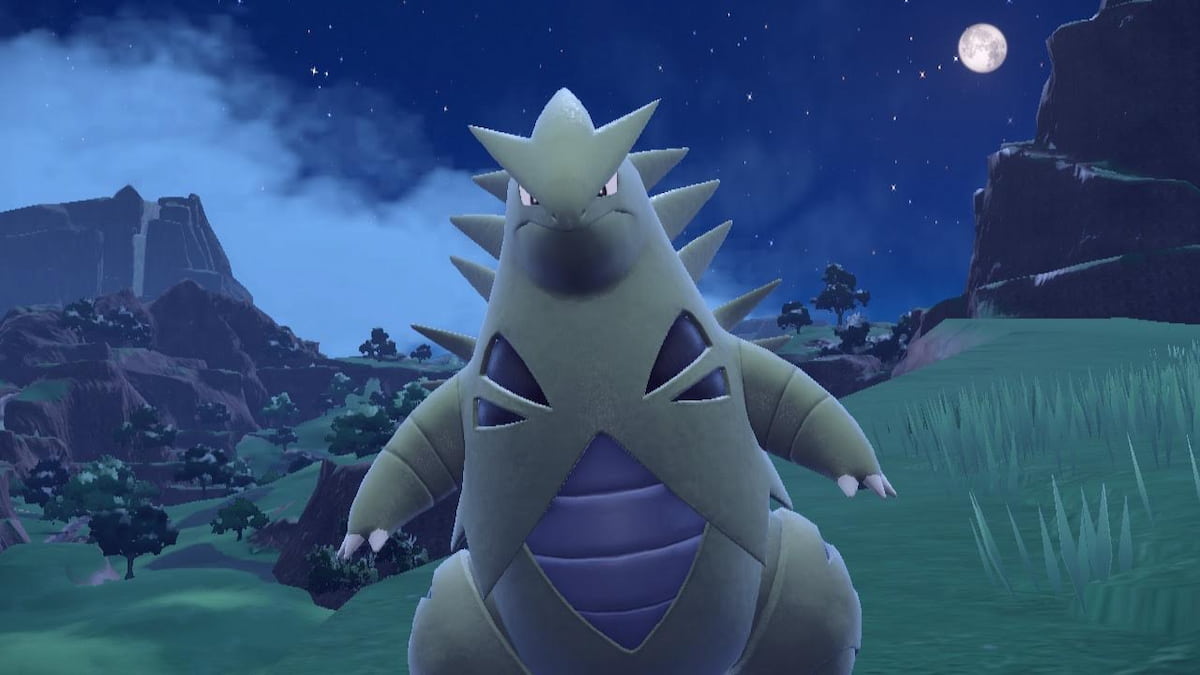
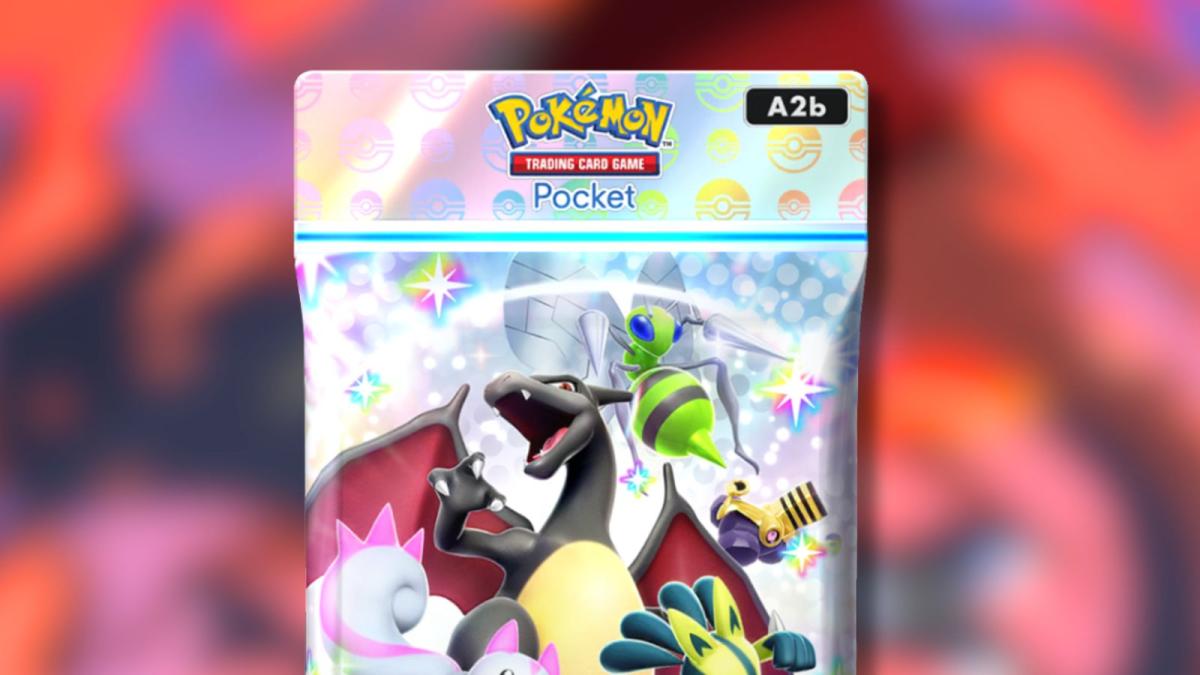
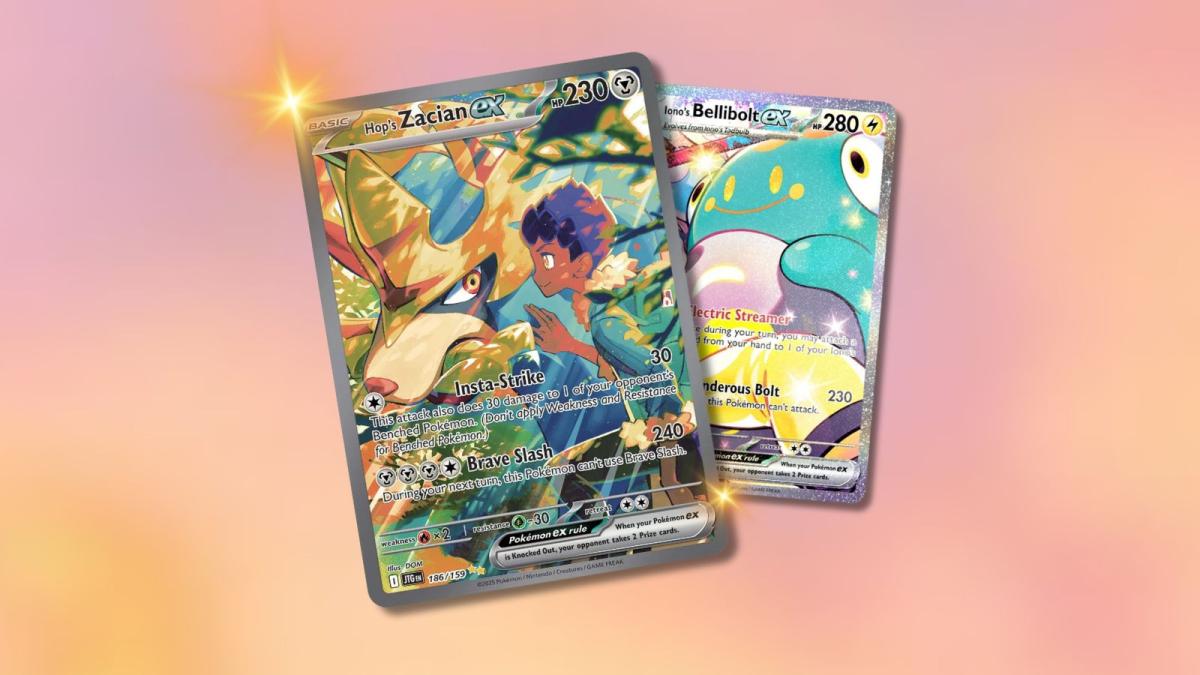

Published: Jun 6, 2022 08:11 pm